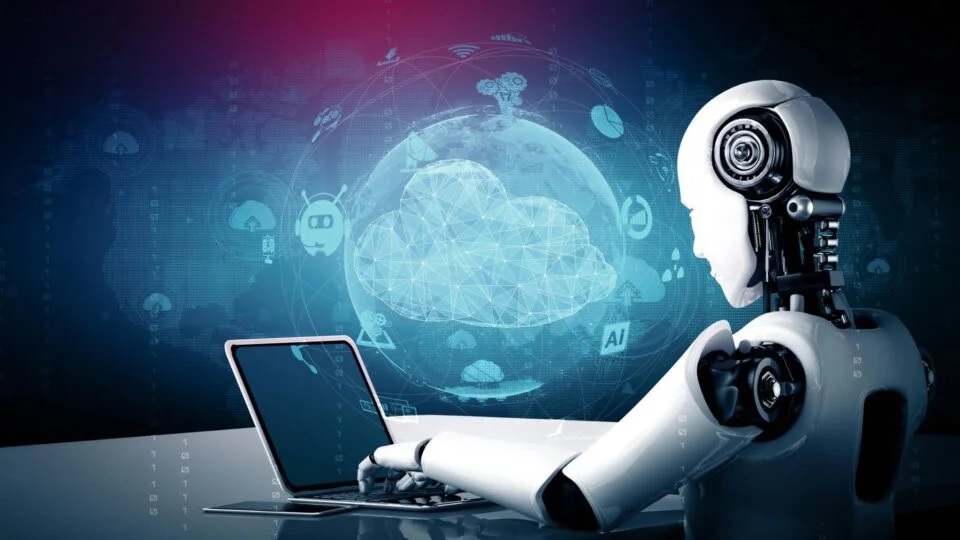Enterprise resource planning (ERP) systems have long served as the backbone of business operations, offering structure but often lacking flexibility. The introduction of artificial intelligence (AI) presents a transformative opportunity—enhancing ERP platforms by improving speed, predictive capabilities, and automation. As we step into 2025, AI-integrated ERP is no longer a distant vision but a present-day reality. However, the initial promises of AI-driven ERP have not entirely materialized, even as organizations continue advocating for its adoption.
AI in ERP – Efficiency Boost or Overstated Transformation?
The potential benefits of AI-powered ERP are striking. These systems can reduce operational inefficiencies by 30-50%, enhance supply chain forecasting through predictive analytics, and automate tasks such as invoice processing and production planning. Despite these advantages, many executives remain skeptical.
Their concerns are valid. ERP upgrades are often seen as costly, complex undertakings that disrupt operations. Adding AI into the mix increases this complexity. Gartner predicts that 60% of AI-driven ERP initiatives will fall short of their goals due to fragmented and siloed data. Even as market projections suggest continued AI-ERP adoption, many executives hesitate, torn between the desire for innovation and the challenges of implementation.
AI-ERP in 2025: A Competitive Imperative
AI-driven ERP is no longer an optional upgrade—it is becoming essential. Competitive pressures, rising costs, and the demand for real-time agility are forcing enterprises to embrace AI integration. The question is no longer whether businesses should implement AI in ERP but rather how they can do so effectively.
Many manufacturing and retail companies are leveraging AI-ERP to enhance forecasting and automation, while sectors like finance and healthcare remain cautious due to regulatory and security concerns. The most forward-thinking organizations are adopting AI-ERP not as a full automation replacement but as a decision-support tool, ensuring human oversight remains in place.
The Tipping Point for AI-ERP
The year 2025 will be a defining moment for AI-ERP. Either it will solidify itself as the next-generation ERP standard, or it will falter under unfulfilled expectations. Businesses should no longer debate whether to integrate AI but instead focus on executing the transition wisely while avoiding costly missteps.
Executives must recognize that inaction is not an option. The businesses that implement AI-powered ERP now will lead the next decade of operational efficiency. In today’s fast-evolving market, real-time intelligence is the key to staying competitive—those who delay will risk falling behind.
To Know More, Read Full Article @ https://ai-techpark.com/ai-integrated-erp-business-transformation-2025/
Related Articles -




